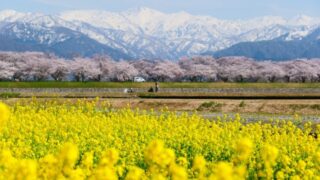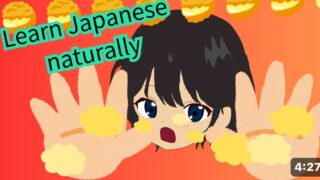 Advanced Level
Advanced Level Finished? Regret? Master “〜てしまった”A Complete Guide to the Nuances Native Speakers Use
Hello Japanese learners!I’m Miyabi, a Japanese mom.The expression 「〜てしまった」 is extremely common in Japanese, but doesn’t ...
 Advanced Level
Advanced Level  Advanced Level
Advanced Level  Beginner Level
Beginner Level  Adjectives
Adjectives  Advanced Level
Advanced Level  Adjectives
Adjectives  Advanced Level
Advanced Level